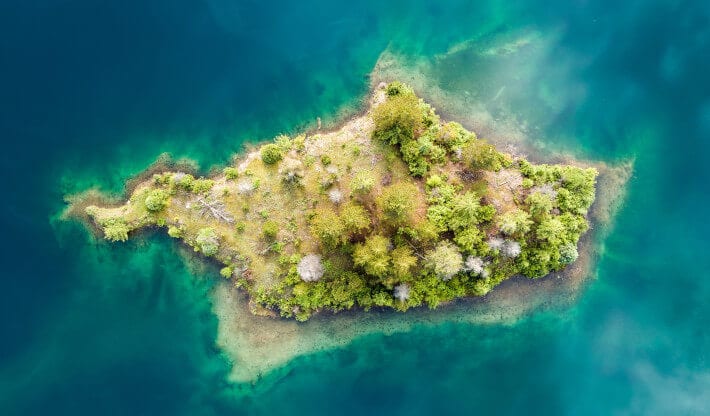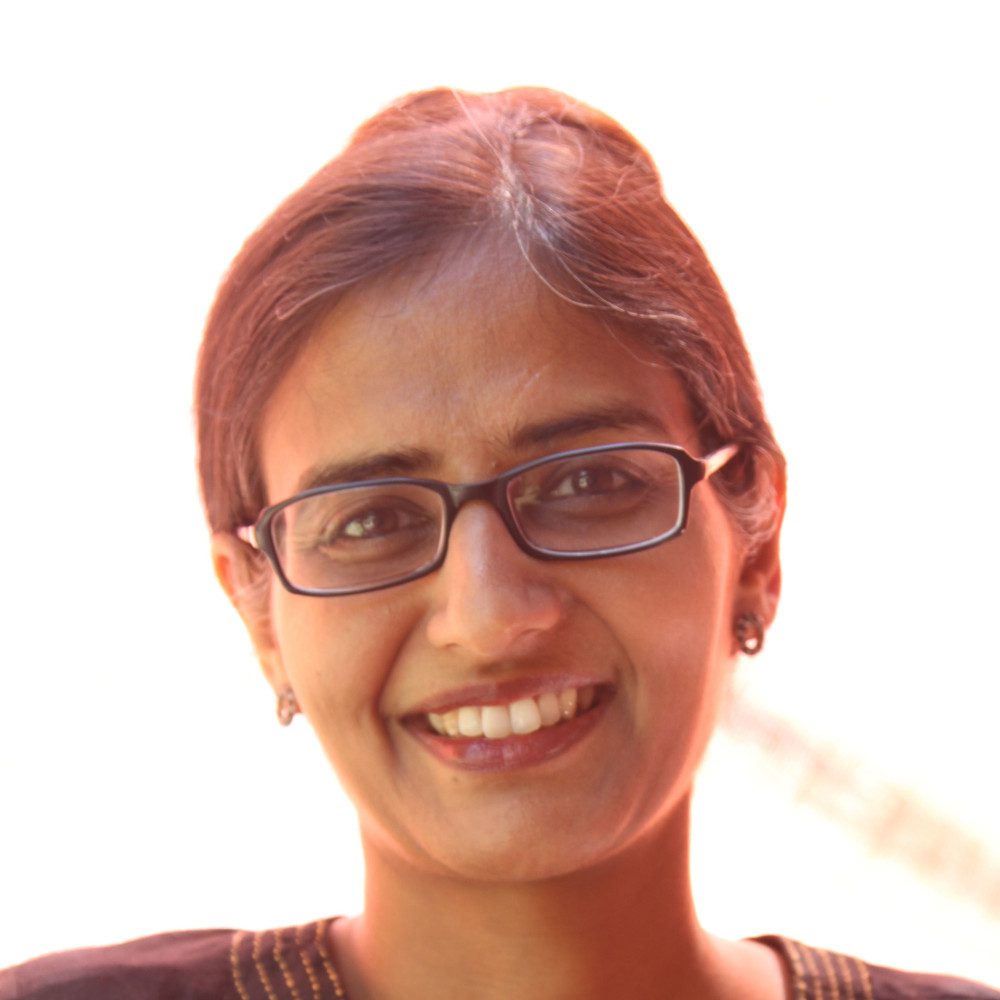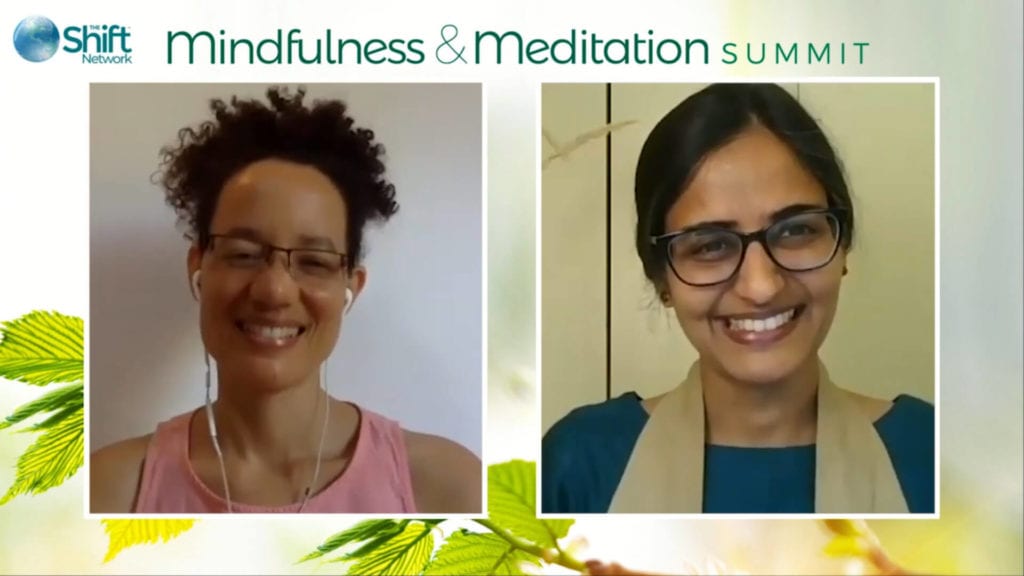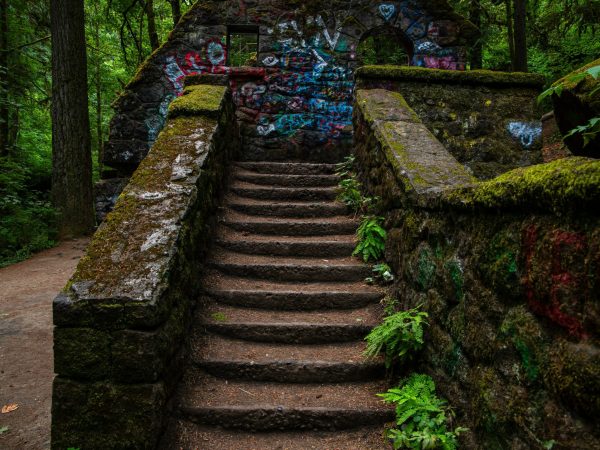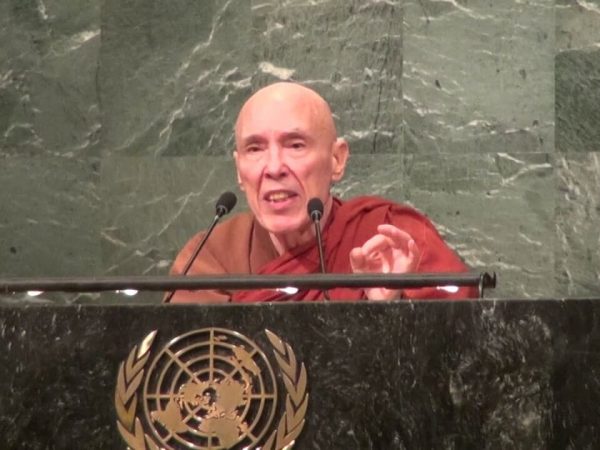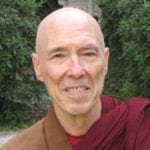Written by Sensei Kritee Kanko and Kaira Jewel Lingo
View the full conversation between Kaira Jewel Lingo and Kritee Kanko on the Mindfulness & Meditation Summit website or on YouTube.
Three Pillars of Sanity
- Nurturing inner change with a focus on grief work, releasing trauma and meditation practices so that we have trauma resilience.
- Living our lives with a lot more sharing than we currently do, in ways that support all of life, not just human life, not just the life of our class and caste and people of our race.
- Resisting systemic greed, learning to say no in addition to saying yes to things that heal us and make us whole as a community.
Highlights
“The traditional Buddhist goal of dissolving ego so we can serve the world with compassion and wisdom cannot happen in today’s world… if we don’t take care of the trauma.”
“To change a system it’s going to take another system, and we can’t form that system without communication and authentic vulnerability.”
“Being human means love. How are we loving all life on the planet? Lets bring our mindfulness to the biggest crisis of the times, that’s what we are being called to do.”
More on creating islands of sanity can be found on Kritee’s website, Boundless in Motion.
